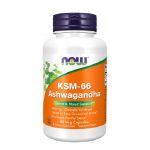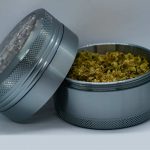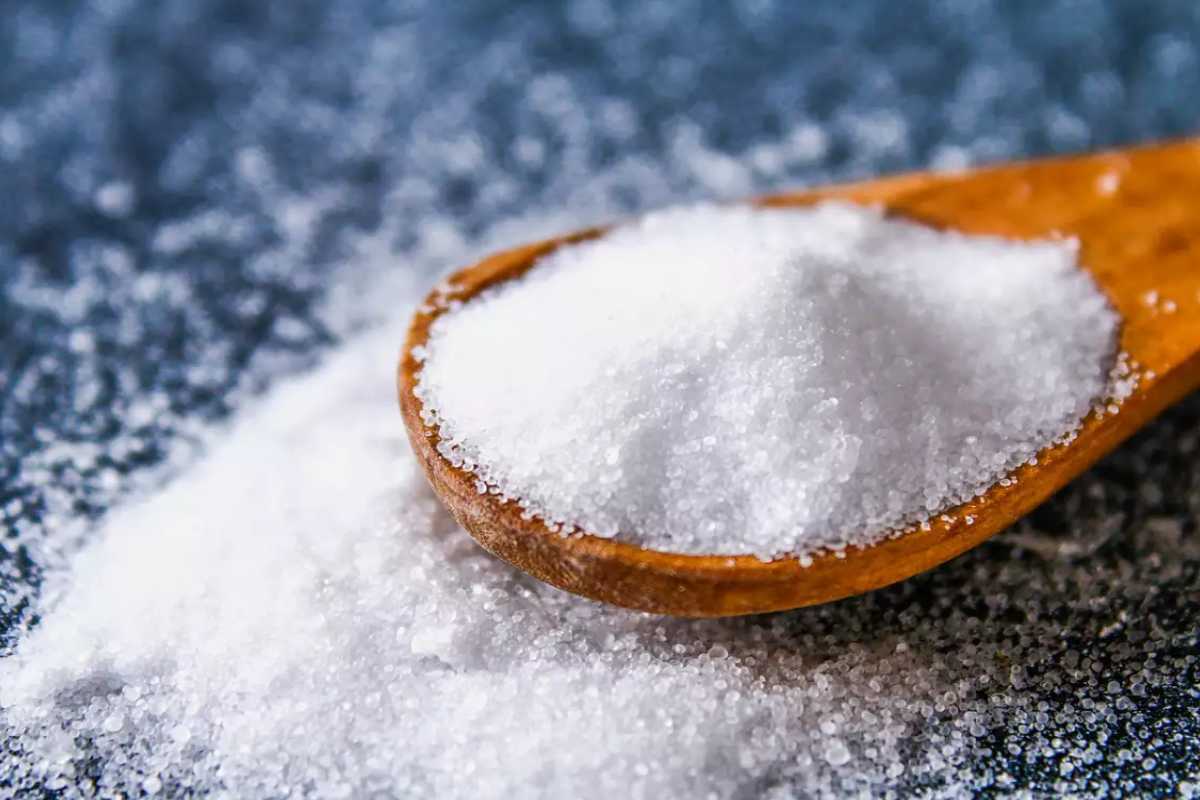Iodine
Iodine is an important mineral and essential for the thyroid gland to synthesize thyroxine and triiodothyronine – two of the main hormones produced by the thyroid that control numerous important functions inside the body such as the basal metabolic rate. Iodine is also directly implicated in energy production, normal growth, and cognitive development in children. It’s deficiency throughout pregnancy is allied with lower IQ scores in children, as well as lower scores for verbal IQ, reading comprehension, and reading accuracy.
To highlight the importance of iodine for the thyroid, you need only consider that healthy adults usually have about 15–20 mg of iodine present in their body at any one time — and 70 to 80% of this is stored in the thyroid Unfortunately, there is no consensus on whether North Americans are attainment enough iodine in their diet. This being said, more and more research advises that many North Americans, are indeed low in this important essential trace mineral.
Table of Contents
Protection from Nuclear Fallout
A slightly off-topic, but nonetheless extremely important application for iodine is to help protect the thyroid gland from radiation injuries in the case of nuclear emergencies.
In fact, daily iodine supplementation is recommended by the Centers for Disease Control and Prevention whenever there is potential radiation exposure.
Symptoms of Low Iodine/Deficiency
The most obvious and widespread symptom of low iodine/iodine deficiency is thyroid disorders. In turn, some of the most common symptoms associated with thyroid disorders include:
- brain fog
- changes in heart rate
- depression
- dry, coarse, brittle hair, and hair loss
- dry, flaky skin
- fatigue and weakness/lethargy
- feeling cold all the time
- goiter (irregular growth on thyroid gland – manifesting as a lump or bump on the neck) trouble learning and remembering
- unexpected weight gain
Iodine in the Diet
The best natural sources of iodine include all types of seaweed, wild-caught fish, shellfish, eggs, yogurt, and green vegetables. Unfortunately, however, many foods today contain very little iodine. This is due to many factors, not the least of which is the prevalence of iodine-deficient soil caused by erosion, desertification, and gross overuse.
In addition, while many countries have been adding iodine to table salt since the 1920s, to prevent deficiency, consumers have increasingly cut back on their salt intake, and many more have switched to healthier sea salt/pink Himalayan sea salt, which is virtually iodine-free. The above are just two of the reasons why meeting our daily iodine requirement can be pretty challenging. Of course, consuming foods high in iodine more frequently can help bring up your levels – try incorporating algae into your salads, soups, and other meals. Supplementation can also help.
Iodine supplements – forms and formats
Iodine supplements are widely available in either tablets or liquid, in the following forms:
- Nascent Iodine (or transformative nano-colloidal detoxified iodine) – a consumable form of iodine that holds an electromagnetic charge
- Lugol’s Solution Iodine
- Colloidal Iodine
- Potassium Iodide
Whether you’re taking iodine for your thyroid, or any other reason, always follow the oral dosage instructions listed on the product label (Lugol’s iodine dosage chart or other), as the dosing may be dependent on the concentration of the formula. Below are some general iodine dosing guidelines.
Daily Requirement
The recommended daily intake of iodine depends on age and gender:
- Birth to 6 months: 110 micrograms ✓ 7–12 months: 130 micrograms
- 1–8 years: 90 micrograms
- 9–13 years: 120 micrograms
- 14 years +: 150 micrograms
- Pregnancy: 220 micrograms
- Breastfeeding: 290 micrograms
So, with all of this said, can you take too much iodine?
It’s important to understand that while low iodine status predisposes you to thyroid disease, there are also risks associated with taking too much iodine. So, how much is too much iodine?
Doses greater than 1,100 mcg of iodine daily (i.e. the Tolerable Upper Limit of iodine), rather counterintuitively, put you at risk of thyroid dysfunction, and other hormonal imbalances.
Possible side effects associated with too much iodine include:
- nausea or vomiting
- diarrhea
- fever
- burning sensations in the throat and mouth
- stomach pain
Author Bio
Roos Jonsin is a Canadian naturopath and researcher dedicated to helping people live healthier lives through education about vitamins, herbs, and nutritional supplements. Roos also consults with suppliers and manufacturers with product development and marketing. National Nutrition is Canada’s leading health & nutritional supplements store, also voted as the Best Health Food Store in Canada by the experts at Canadian Health Food Association.






